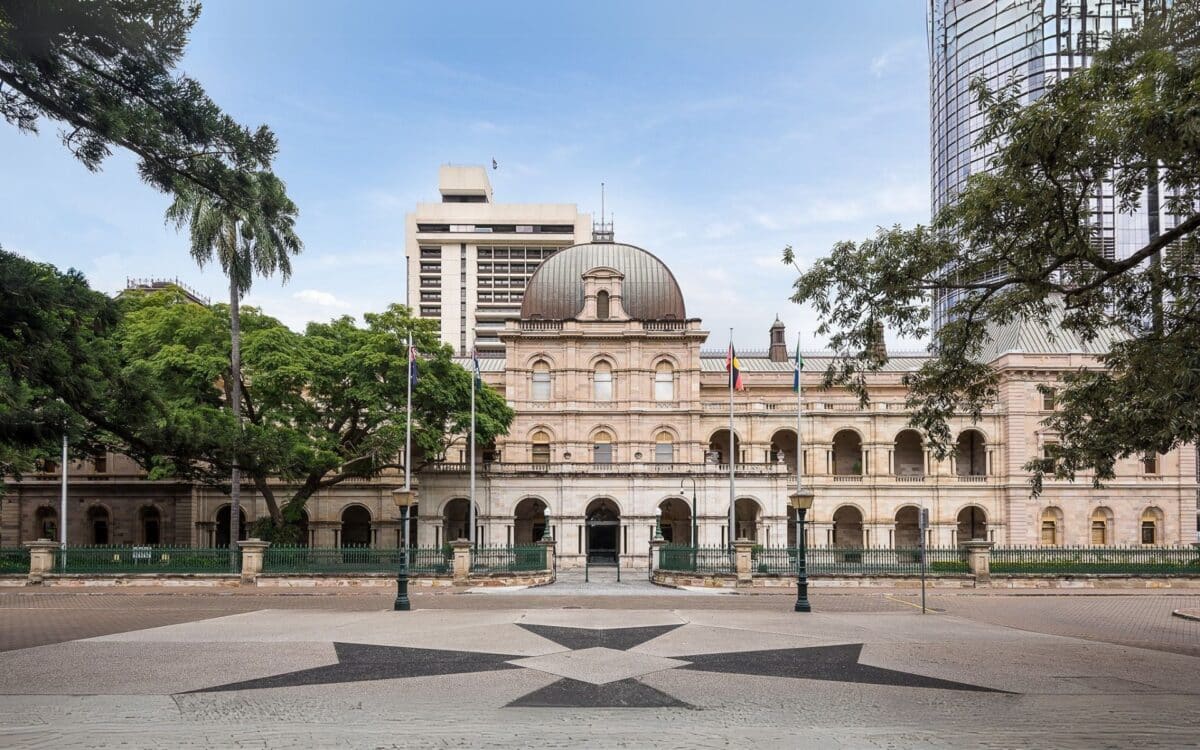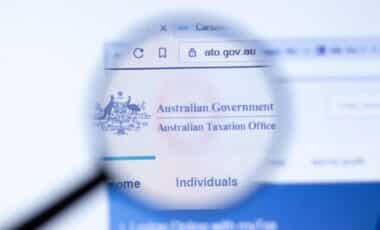The Royal Australian College of General Practitioners (RACGP) has called on the Queensland government to approve a proposed payroll tax exemption for general practitioners (GPs), arguing that the measure is critical for maintaining access to affordable healthcare across the state.
Proposed Amendment to Payroll Tax Legislation
The Revenue Legislation Amendment Bill 2024 was introduced in Queensland Parliament in mid-December and subsequently referred to the State Development, Infrastructure and Works Committee for further inquiry.
The bill proposes changes to the Payroll Tax Act, ensuring that wages paid or payable by medical practices to GPs are not subject to payroll tax or the mental health levy.
If passed, the exemption would apply retrospectively from 1 December 2024, providing clarity for general practices regarding their financial obligations. The proposed legislation aligns with Queensland’s broader healthcare strategy to improve affordability and accessibility to GP services.
RACGP’s Support for the Exemption
Dr Cath Hester, RACGP Queensland chair, expressed strong support for the bill, commending the Crisafulli government for responding to calls to remove payroll tax on GP wages.
“Queensland is leading Australia in abolishing this tax on patients, and I applaud the Crisafulli government for its proposed amendments to this bill,” Dr Hester said.
She emphasised that the exemption would help make GP services more affordable, particularly amid rising cost-of-living pressures. Additionally, she noted that the amendment would provide financial certainty for general practices, ensuring they remain viable and continue serving communities across the state.
The Impact on General Practice and Patient Care
Dr Hester highlighted that general practices play a crucial role in keeping people healthy and out of hospitals, thereby reducing pressure on the state’s healthcare system.
“Hardworking GPs across Queensland can get on with our job, helping people stay healthy and out of hospital, which also reduces pressure on the state’s health system,” she said.
She stressed the importance of continuity of care, noting that GPs provide personalised, long-term medical attention that cannot be easily replaced. The RACGP maintains that ensuring affordable and accessible GP services should be a priority for governments at all levels.
Key Benefits of the Proposed Exemption
According to the RACGP, introducing a payroll tax exemption for GPs will bring multiple benefits, including:
- Improved access to healthcare – More patients will be able to afford GP visits, reducing delays in seeking medical attention.
- Financial stability for general practices – Clinics will have clarity on tax obligations, helping them stay open and continue serving communities.
- Reduced strain on hospitals – With better access to GPs, fewer people will rely on emergency departments for primary care.
- Support for rural and underserved areas – Clinics in regional Queensland, which are already struggling to retain doctors, will be better positioned to remain viable.
- Consistency in tax treatment – Aligning tax policy with how GPs operate as independent practitioners will prevent financial uncertainty in the sector.
Background : The legal shift affecting GP payroll tax
Historically, medical practices across Australia have paid payroll tax on their employees, including receptionists and nurses. However, GPs were traditionally considered independent contractors and therefore not subject to the same tax obligations.
This understanding changed following a 2023 ruling by the NSW Court of Appeal, which determined that independent practitioners could be classified as employees for payroll tax purposes. The decision raised concerns about retrospective tax liabilities, prompting state governments to reconsider their approach.
Queensland became the first state to introduce an amnesty to protect medical practices from potential bankruptcy due to unexpected retrospective tax obligations. The state also issued a new Revenue Office ruling, clarifying that fees paid directly to a GP for their services will not be subject to payroll tax.
The Revenue Legislation Amendment Bill 2024 represents a significant shift in Queensland’s approach to payroll tax on GPs. If passed, it is expected to provide financial certainty for general practices while supporting broader efforts to maintain affordable and accessible healthcare.









